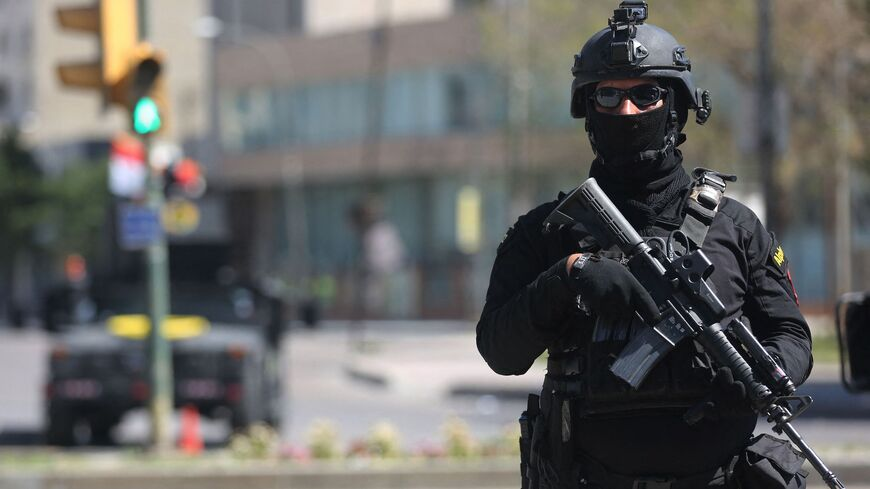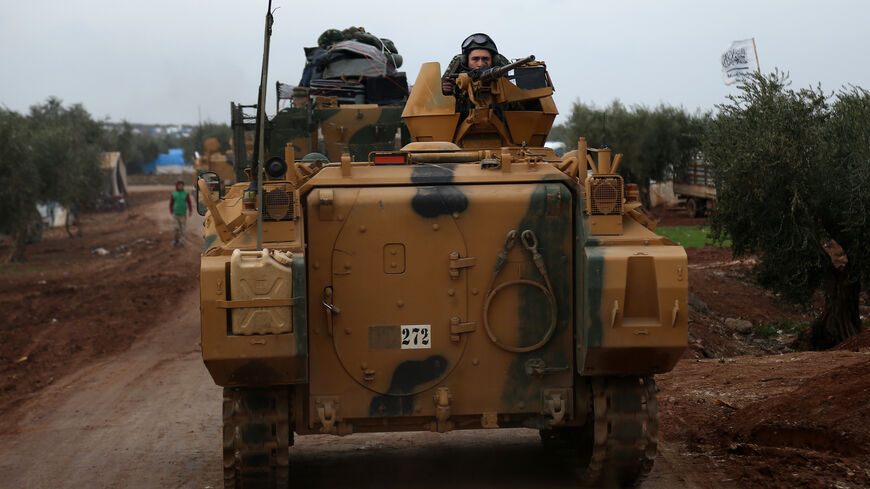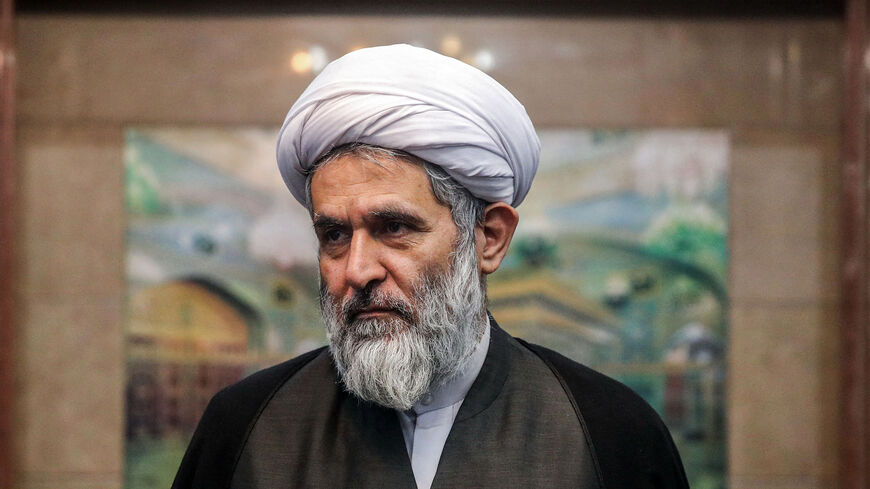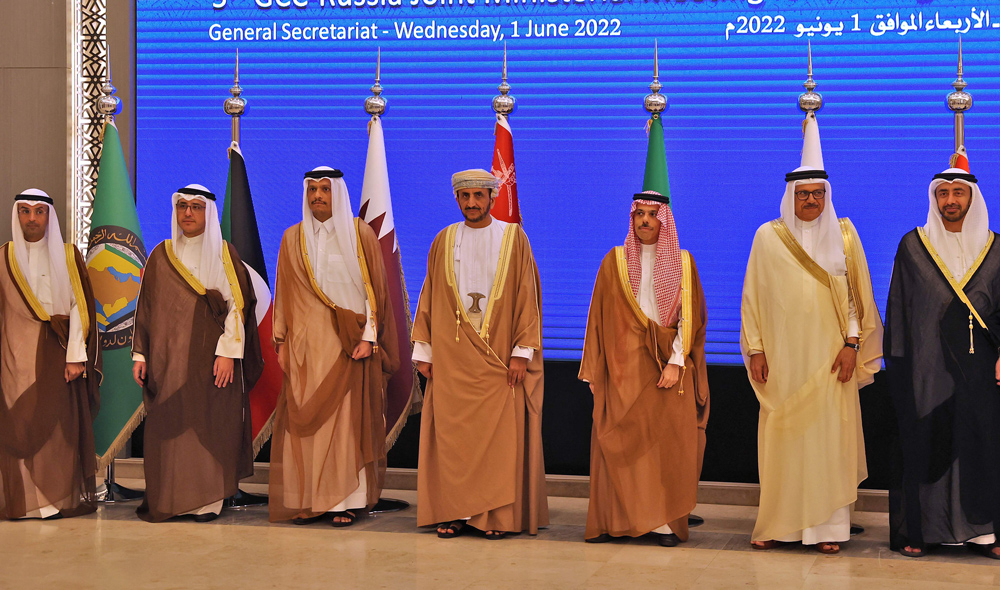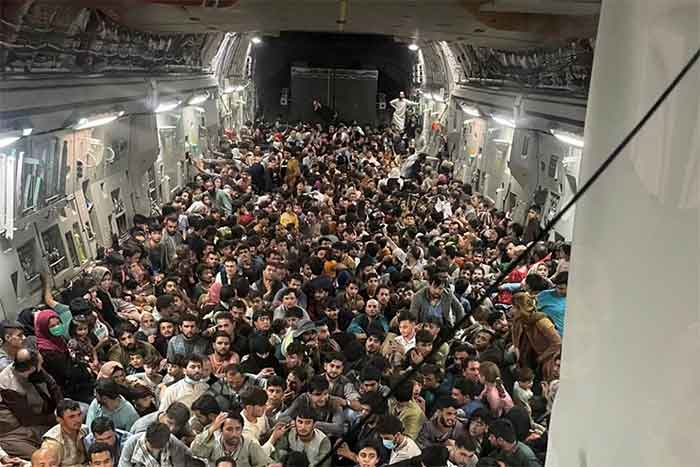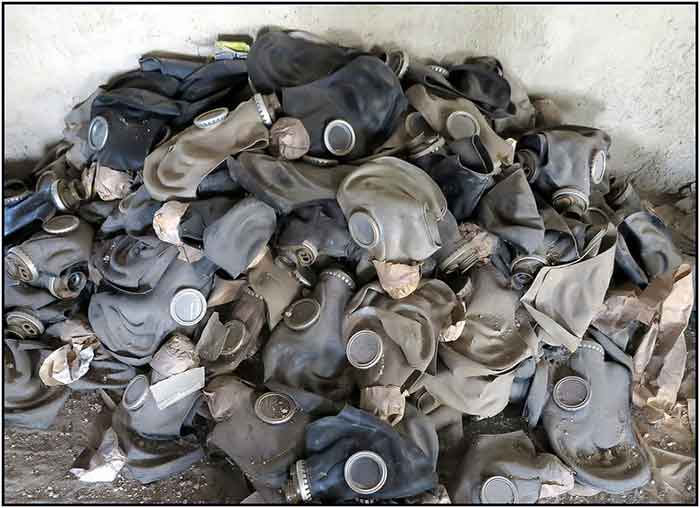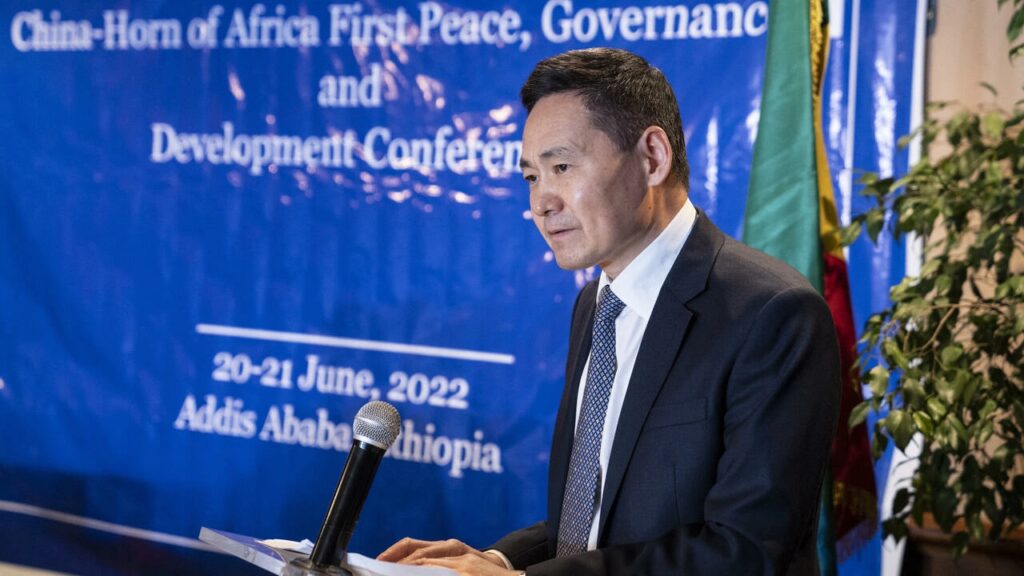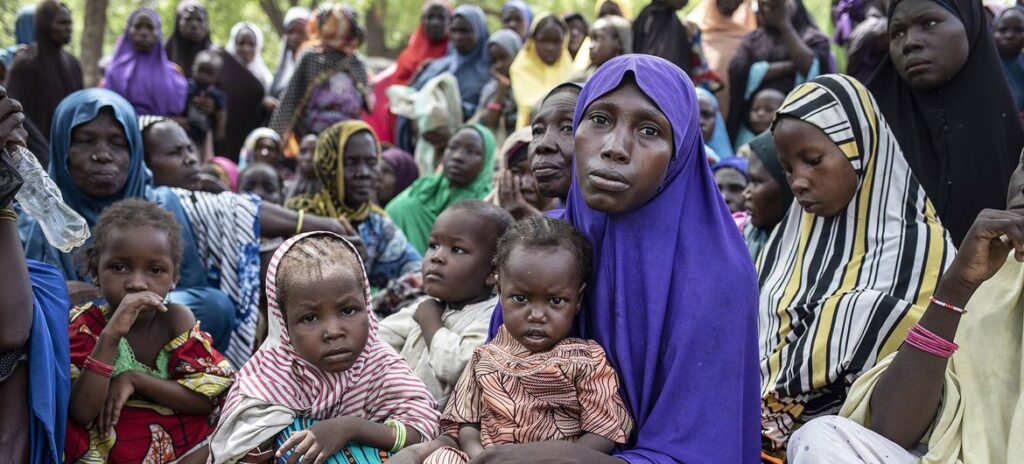The Ukrainian War and a New World Order
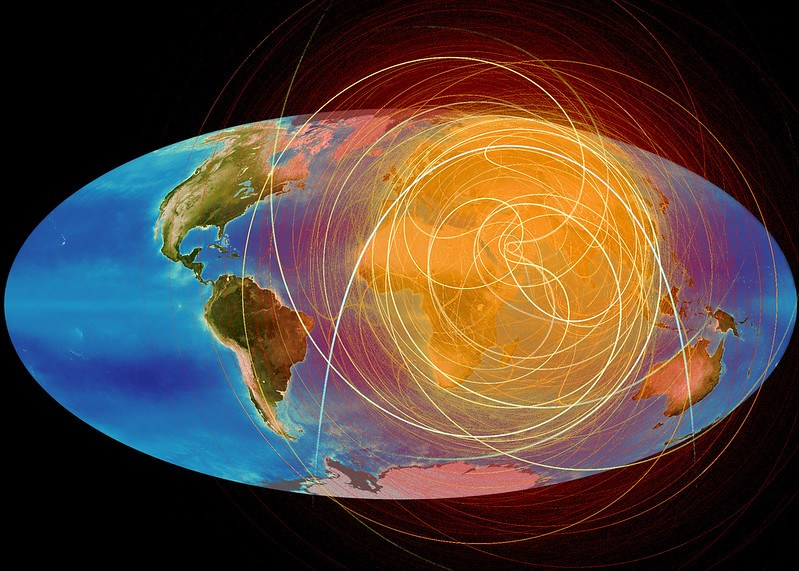
The war in Ukraine poses numerous questions: What will be the country’s fate?; what will happen to the Ukrainian people?; will Russia be held accountable?; and what is the U.S.’s role in the war? One question that often goes unasked is: what does the war say about the nature of the international world order?

